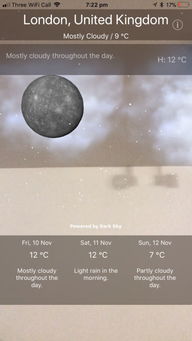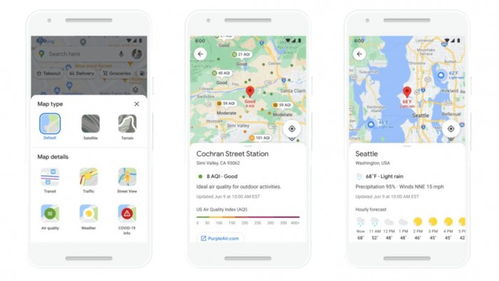Weather Fayetteville AR Hourly: A Detailed Overview
When it comes to understanding the weather in Fayetteville, Arkansas, it’s essential to have a comprehensive look at the hourly forecasts. Fayetteville, known for its vibrant community and beautiful landscapes, experiences a variety of weather conditions throughout the year. Let’s delve into the hourly weather details to help you plan your day effectively.
Temperature Patterns

Temperature is a crucial factor to consider when planning your activities in Fayetteville. The average high temperature in the summer months, from June to August, ranges between 90掳F and 95掳F, making it a perfect time for outdoor activities. However, during the winter months, from December to February, temperatures can drop to as low as 30掳F, requiring warm clothing and layers.
| Month | Average High Temperature (掳F) | Average Low Temperature (掳F) |
|---|---|---|
| January | 48 | 32 |
| February | 53 | 36 |
| March | 65 | 44 |
| April | 75 | 53 |
| May | 85 | 60 |
| June | 90 | 68 |
| July | 92 | 72 |
| August | 91 | 70 |
| September | 82 | 60 |
| October | 72 | 52 |
| November | 58 | 40 |
| December | 50 | 34 |
Precipitation and Humidity

Fayetteville experiences a humid subtropical climate, with significant rainfall throughout the year. The city receives an average of 48 inches of precipitation annually, with the highest amounts occurring during the spring and summer months. Humidity levels can be quite high, especially during the summer, making it feel warmer than the actual temperature.
Wind Patterns

Wind patterns in Fayetteville are influenced by its location in the Ozark Mountains. The city experiences a mix of winds from the north and south, with the prevailing winds coming from the south. Wind speeds can vary throughout the year, with the highest speeds occurring during the spring and fall months.
UV Index and Sunlight Hours
The UV index in Fayetteville can be quite high, especially during the summer months. It’s essential to protect yourself from the sun’s harmful rays by wearing sunscreen, a hat, and sunglasses. The city receives an average of 7 hours of sunlight per day, with the highest amounts occurring during the summer months.
Seasonal Weather Patterns
Fayetteville experiences four distinct seasons, each with its unique weather patterns:
- Spring (March to May): Spring brings mild temperatures and a mix of rain and sunshine. It’s a great time for outdoor activities, but be prepared for occasional showers.
- Summer (June to August): Summer is hot and humid, with frequent thunderstorms. It’s the perfect time to enjoy the city’s parks and outdoor events.
- Autumn (September to November): Autumn is characterized by cooler temperatures and beautiful foliage. It’s a great time for hiking and exploring the Ozarks.
- Winter (December to










